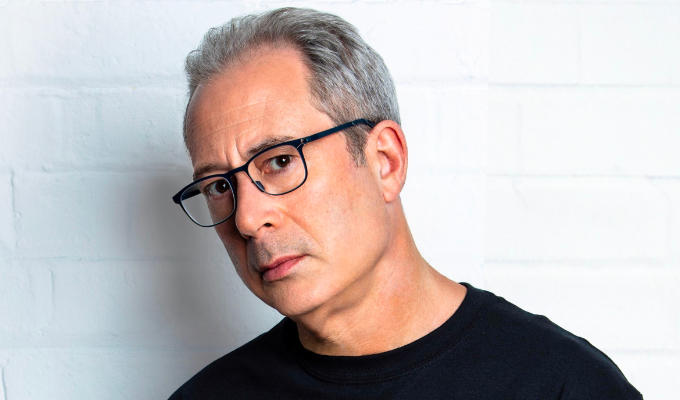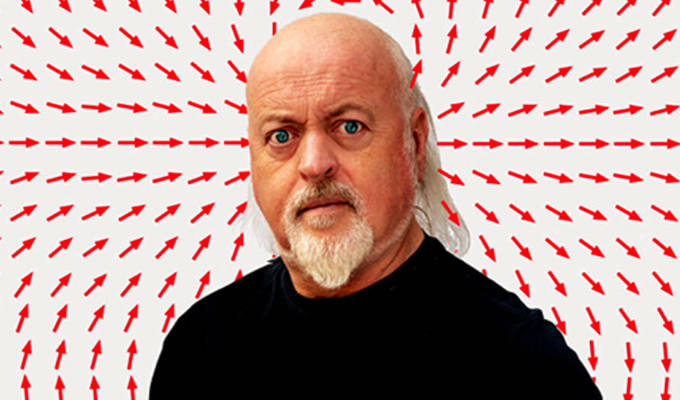Why comedy doesn't need TV
Adam Gilder highlights comedians embracing the web
The seemingly all-encompassing nature of the internet has had an unquestionably huge effect on the world of comedy.
Once acts would often keep the same material for many years, refining it maybe, but continuing to perform what was essentially the same set. The prodigious popularity of video streaming sites now goes a long way to ensure, or perhaps force, comedians to have a far greater turnover of material.
Although most viewers understand that a comedian's set is pre-prepared material, it is perhaps a bad thing for a comedian to have multiple clips of them performing the same gags on the internet – even if it is not always possible for them to monitor it.
Comedian Rhod Gilbert has previously discussed one effect of video websites on his radio show, explaining how, he had to decide whether to include a certain luggage-based routine in his set for Michael McIntyre's Comedy Roadshow – because the material already existed on YouTube, where it had attracted millions of hits.
But although the internet's effect can be seen to be troublesome, it has also offered many new avenues and opportunities.
Richard Herring, pictured, for example, has a huge presence on the internet. My familiarity with his work is, without doubt, down to this vast internet presence. I first became aware of Herring several years ago, following a link to one of his videos from a Stewart Lee clip. My lack of awareness was soon quashed as a huge back-catalogue of his work is available online – and for free. The ready availability of a blog, scripts (both commissioned and not), plays, TV and radio shows ensures there is much on offer for anyone who has an interest in his work. Though whether a newer act will have same the depth of material is a moot point.
The internet also offers more real-time comedy opportunities. Using Facebook, Twitter and whichever new incarnations emerge all help 'maintain a presence', and help build closer relationships between acts and fans.
Podcasts are, by and large, excerpts from existing radio shows, but there is an added joy to be had from hearing a podcast recorded for podcast's sake. The best of these include Collings and Herrin (surprise!), The Perfect Ten and Peacock and Gamble. The huge added effort put in by Adam & Joe to add new material to their podcast also makes it a splendid creature.
With the advent of iPlayer, alongside the monster that is YouTube, so much TV footage is now readily available legitimately, or at least without complaint, for free on the internet. Perhaps television and radio as we know them are on their way to becoming obsolete… I once used the internet browser of a PS3 to load up the iPlayer in order to listen to the radio. This is the future!
But if content is free, how does anyone make any money from it? It is, yet again, Richard Herring who is leading the charge, with plans to create a sketch show where the costs will be met by having a live, paying, audience. He suggests that the budget of this would be in the same area as a commissioned radio show, but with the advantage bonus of having full control over the content.
I personally wouldn't be hugely upset to see TV and radio succumb to the same fate as VHS as I am attached by the soul to the internet regardless. The internet has made it possible to see, hear and read the work of comedians with utmost ease and also enabled cottage industries such as Go Faster Stripe to provide shows that would otherwise have been lost.
Hopefully the advances of the internet will mean that comedians will not have to be mainstream and bland in order to see their ideas become a reality. And when that point is reached I hope caps will be doffed and heads will be dipped to the internet-content pioneer Richard Herring. Only time will decide whether he is the most groundbreaking comedian of this internet age, or an idiot.
Published: 3 Jul 2009






